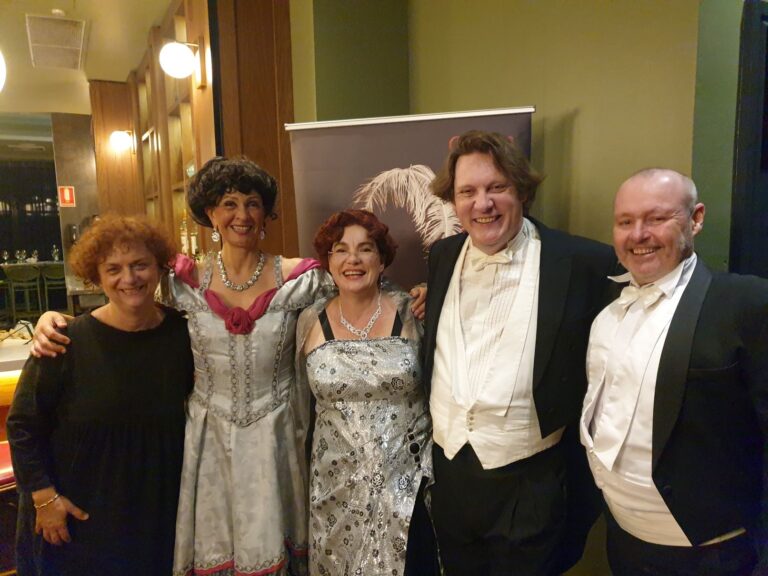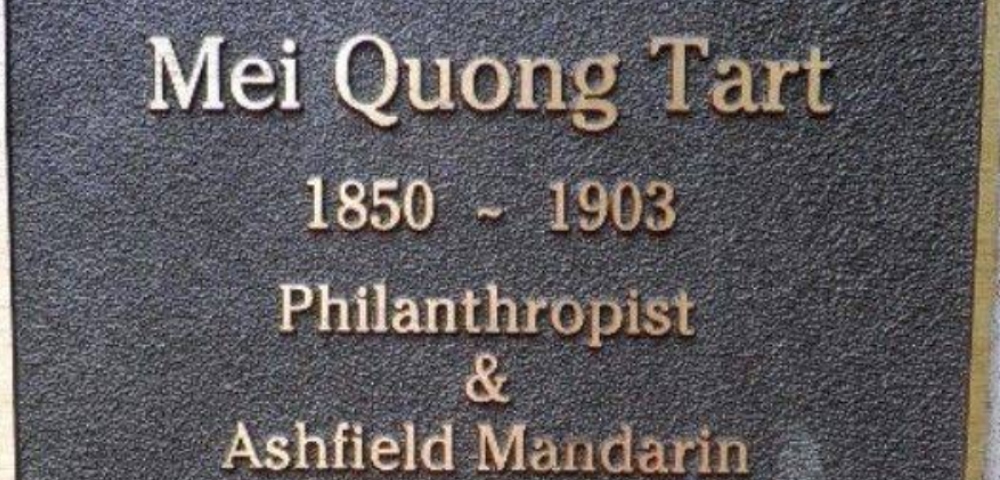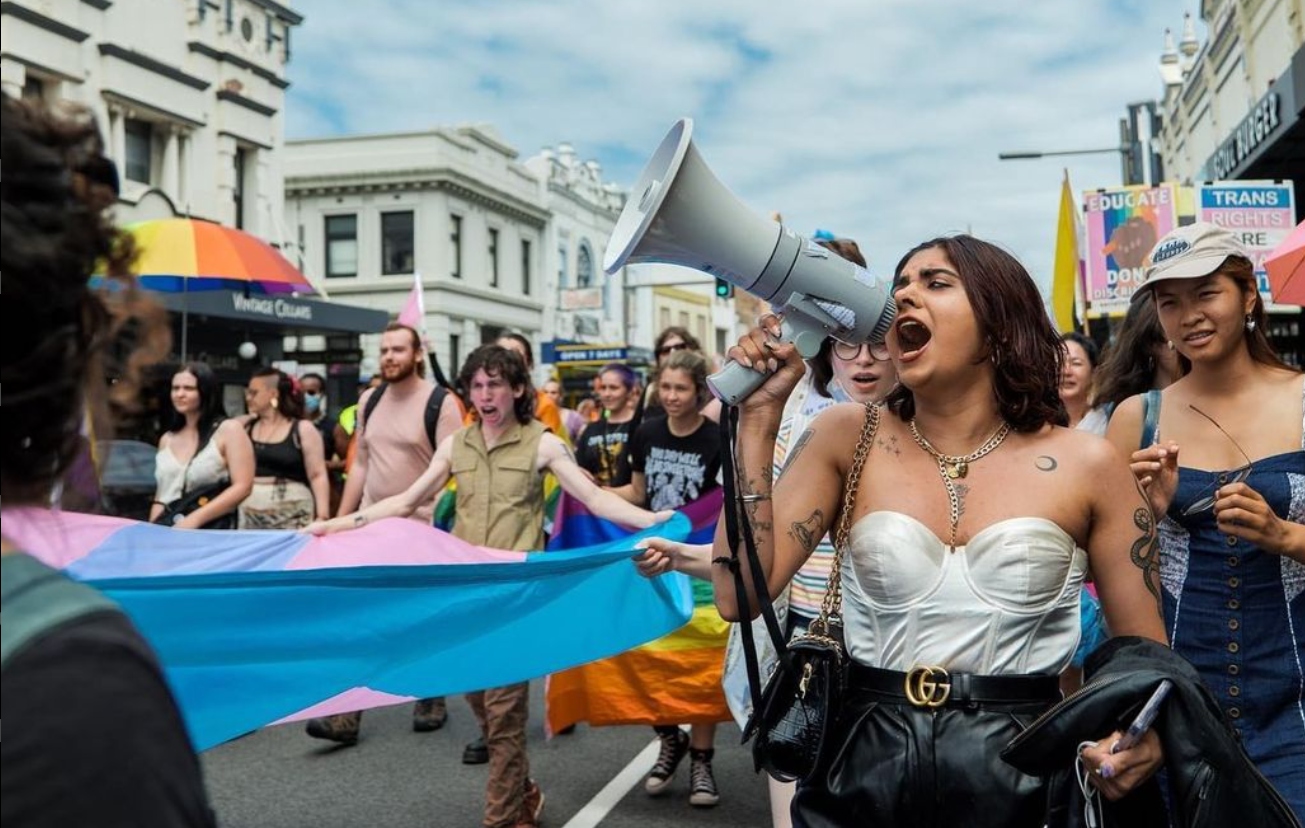
IWC to honour contributions made by Chinese residents to Ashfield

by GRACE JOHNSON
Inner West Council has unanimously passed a motion to recognise the long contribution of the Chinese community to Ashfield.
The motion, put forward by Councillors Jessica D’Arienzo and Mark Drury, requested that council, following community consultation, seek the support of the Geographical Names Board to give Hercules Street in Ashfield an additional name, ‘Quong Tart Plaza,’ where Mei Quong Tart’s bust is located.

Cr D’Arienzo told City Hub, “Ashfield is a multicultural community and has been at the heart of multiculturalism. When other parts of the inner west were recognising community groups, we thought to recognise the Chinese community through highlighting one of the most significant Chinese-Australian figures.”
“This an exciting opportunity to highlight the long and fruitful settlement of Chinese people in the Inner West and recognise the Chinese community in the central business district of Ashfield, and the significant contribution made by members of the Chinese community,” she continued.
“Ashfield is a vibrant multicultural community and since the 1800s people of Chinese backgrounds have helped our community thrive.”
Mei Quong Tart, born in 1850 in the Guangdong Province of China, was a prominent merchant and early pioneer of multiculturalism in a time rife with anti-Chinese sentiment. He was a community leader, an active philanthropist, and a spokesman to the Chinese community. He advocated for better treatment of Chinese residents in Australia, supported a petition to open a Chinese consulate in Australia, and also campaigned against the opium trade, going on an investigation himself to Chinese camps in New South Wales.
Quong Tart was much beloved in the community and well-known amongst political figures and social elites. He was known to have a Victorian manner, as he had lived with and been educated by an English family. His tea rooms were the sites of Sydney’s first suffragette meetings and, between 1885 and 1888, home to functions for inmates of destitute asylums. As part of his employment system, he devised policies including sick leave, holiday pay, and time off for personal reasons, long before this was mandatory.
When Quong Tart was roughly 52 years old, he was brutally attacked with an iron bar in a suspected robbery. He never recovered. Quong Tart died 11 months later in 1903, in his home in Ashfield.
On the day of his funeral, more than 200 people escorted his coffin from his home on Arthur Street, headed by a band from the Professional Musicians’ Association. His coffin was then placed on a funeral train headed for the Rookwood Cemetery, where thousands gathered to pay their respects.
Mei Quong Tart built and lived in the house that Uniting would later purchase in 2002 and turn into a residential aged care home, opening its doors in 2008. It is now home to 63 Chinese residents.
In September of this year, the Uniting Quong Tart aged care home was gifted a Blue Plaque by the NSW Government.
The Blue Plaque program celebrates people and events that have helped to shape a particular community, town, or field of work or study.
Uniting Chief Executive Tracy Burton said, “We’re so pleased that Mei Quong Tart is being acknowledged for his pioneering multiculturalism and his philanthropy, and that his life and his good works are now officially recognised as an important part of Sydney’s rich cultural and historical heritage.”









